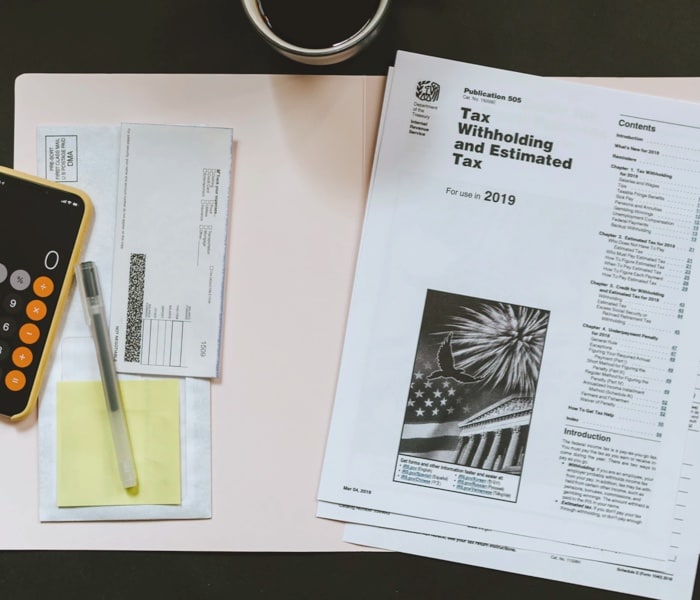Water Quality Services
Headed by Deputy of Water Resources (Water Quality Services), the Division’s main mandate is to monitor and assess the quality of water resources (surface water and groundwater) and monitor pollution. Monitoring and assessment of quality of water resources and wastewater is primarily to safeguard public health and environment through compliance to regulatory standards. Monitoring is also done for the purposes of resource management and to identify long-term trends and changes in water systems to gain insights into the effectiveness of water management practices and develop more sustainable strategies for the future. The Division achieves this through sampling, analytical services, monitoring activities and championing the review of old or establishment of new water quality related guidelines and standards.
Lake Buoys installed on lake Malawi to transmit weather and water quality data

The main routine activities/functions of the Division are as follows:
- Sampling and providing timely and high-quality analytical services that accurately describe the physical, chemical and biological attributes of water systems;
- Providing independent opinion on fitness of water for specific uses (drinking and domestic use, agricultural, industrial, recreational etc) and fitness for disposal of wastewater without endangering public health and environment.
- Provide technical support to National Water Resources Authority on pollution control;
- Provide advisory services to the ministry, other government agencies, Non-Governmental Organizations, Scientific agencies, and the general public on all aspects of water quality and pollution control;
- Advise on all aspects of research, science and technology as regards to water treatment, water resources evolution and interactions between groundwater and surface water.
- Champion the establishment of guidelines and standards for drinking water quality, ambient/environmental water quality and wastewater quality.
(final development of the standards is consultatively done through the Malawi Bureau of Standards)
- Develop mechanisms to ensure compliance to accreditation requirements of water quality laboratories and
- Manage and maintain water/wastewater monitoring system which includes water quality laboratories and 195 monitoring points spread across the country, some of which are of international interest.
As highlighted above, for the Division to respond well to its mandate, it has jurisdiction of three water quality laboratories namely Central Water Laboratory (CWL), South Water Laboratory and North Water Laboratory. Central Water Laboratory (CWL) established in 1973, located in Lilongwe (the Capital of Malawi) off Paul Kagame Road is a headquarters of other two laboratories and as such assumed a status of government owned national reference laboratory for water quality also serving central region. CWL facilities include state of art equipment as Ion Chromatography (IC), Flame Atomic Absorption Spectrophotometer, Picaro Isotopic Water Analyser, complete microbiology analysing equipment utilizing membrane filtration technique etc. The laboratories have been further split into two distinct sections namely Chemistry and Microbiology. However, CWL has a unit of Isotope Hydrology for the analysis of stable isotopes of water (δ2H and δ18O)
Category | Parameters |
|---|---|
Drinking Water Quality testing | pH, Electrical conductivity, Total dissolved solids, Carbonate, Bicarbonate, Chloride, Sulphate, Nitrate, Fluoride, Sodium, Potassium, Calcium, Magnesium, Iron, Manganese, Silica, Turbidity, Suspended solids, Total Hardness (as CaCO3), Total Alkalinity (CaCO3 and Phosphate, if necessary); (and Faecal coliforms, and Faecal streptococci,
20-21 parameters in total (see Template attached) On demand from the client the following can also be tested and analyzed: 1. heavy metals (arsenic, mercury, copper, zinc, and Aluminum ), 2. Bacteriological parameters (total coliform, E.coli , salmonella, shigella, pseudomonas) |
Environmental Water Quality Monitoring | pH, Electrical conductivity, Total dissolved solids, Carbonate, Bicarbonate, Chloride, Sulphate, Nitrate, Fluoride, Sodium, Potassium, Calcium, Magnesium, Iron, Manganese, Silica, Turbidity, Suspended solids, Total |
Environmental Water Quality Monitoring (Surface Water) | pH, Electrical conductivity, Total dissolved solids, Carbonate, Bicarbonate, Chloride, Sulphate, Nitrate, Fluoride, Sodium, Potassium, Calcium, Magnesium, Iron, Manganese, Silica, Turbidity, Suspended solids, Total Hardness (as CaCO3), Total Alkalinity (as CaCO3 and Phosphate, if necessary);20-21 parameters in total |
Environmental Water Quality Monitoring Groundwater | pH, Electrical conductivity, Suspended solids COD, BOD, DO (and Phosphate, if necessary); |
Water cycle and its interactions with the Environment | Stable Isotopes of water (Deuterium-δ2H and oxygen-18 (δ18O)). |

